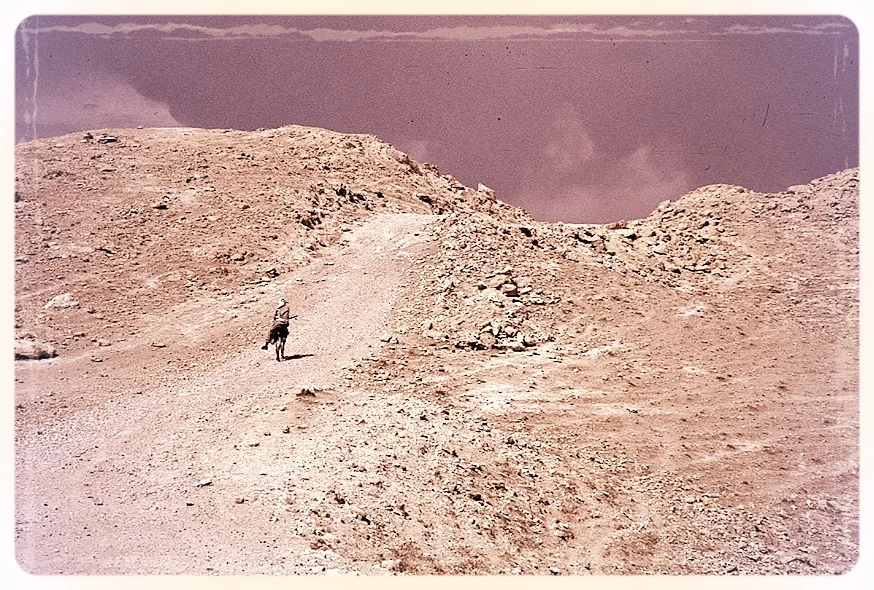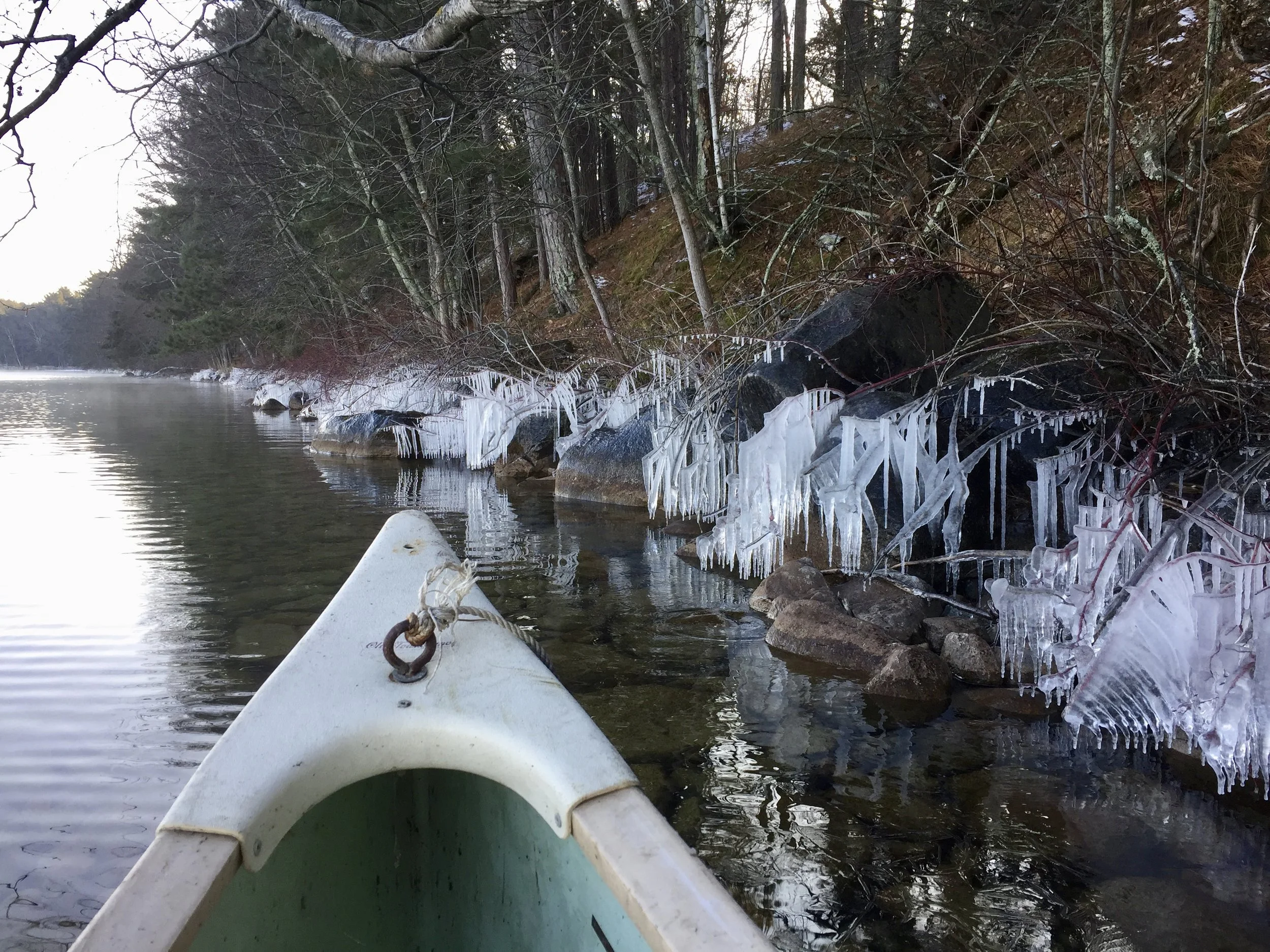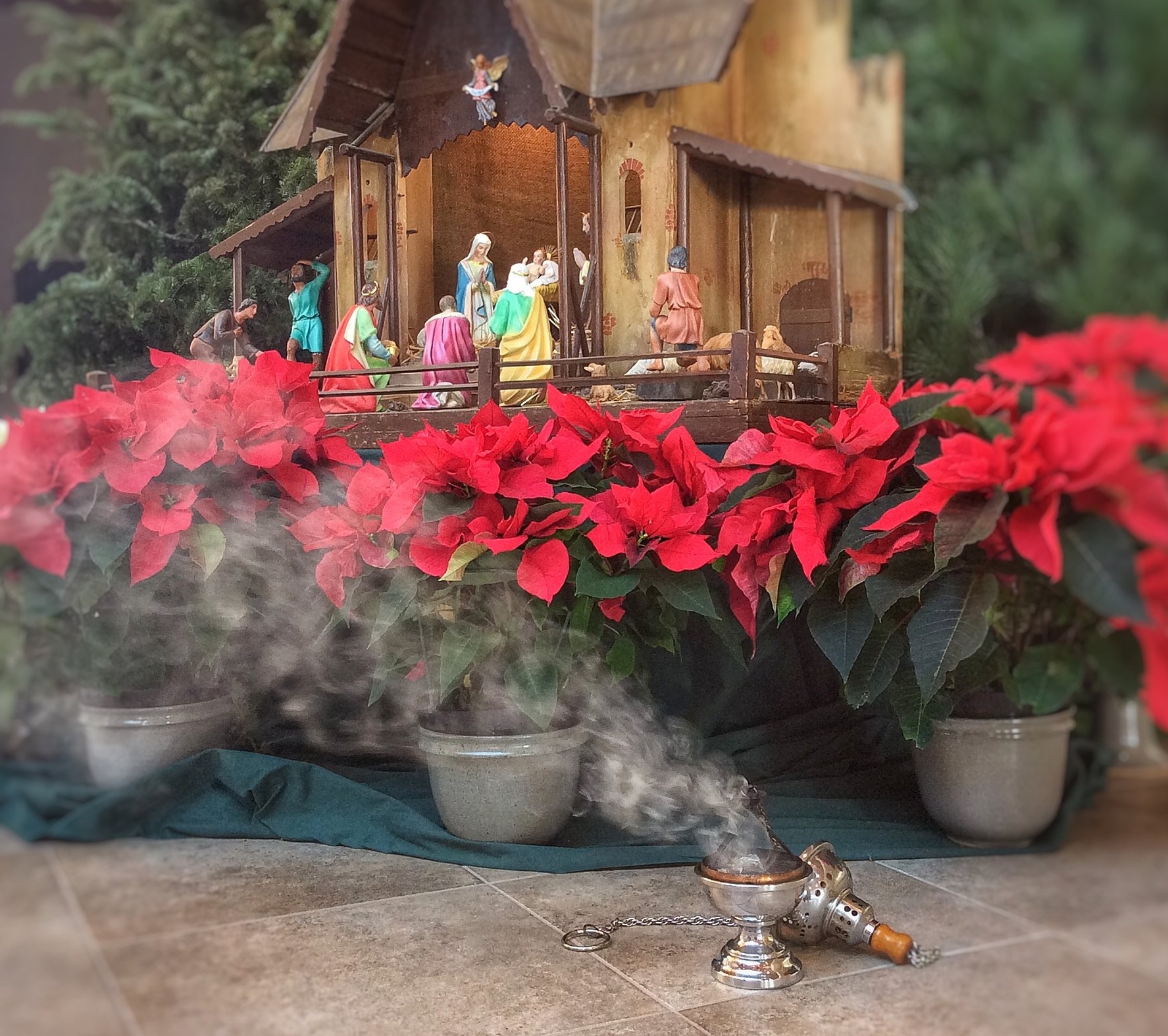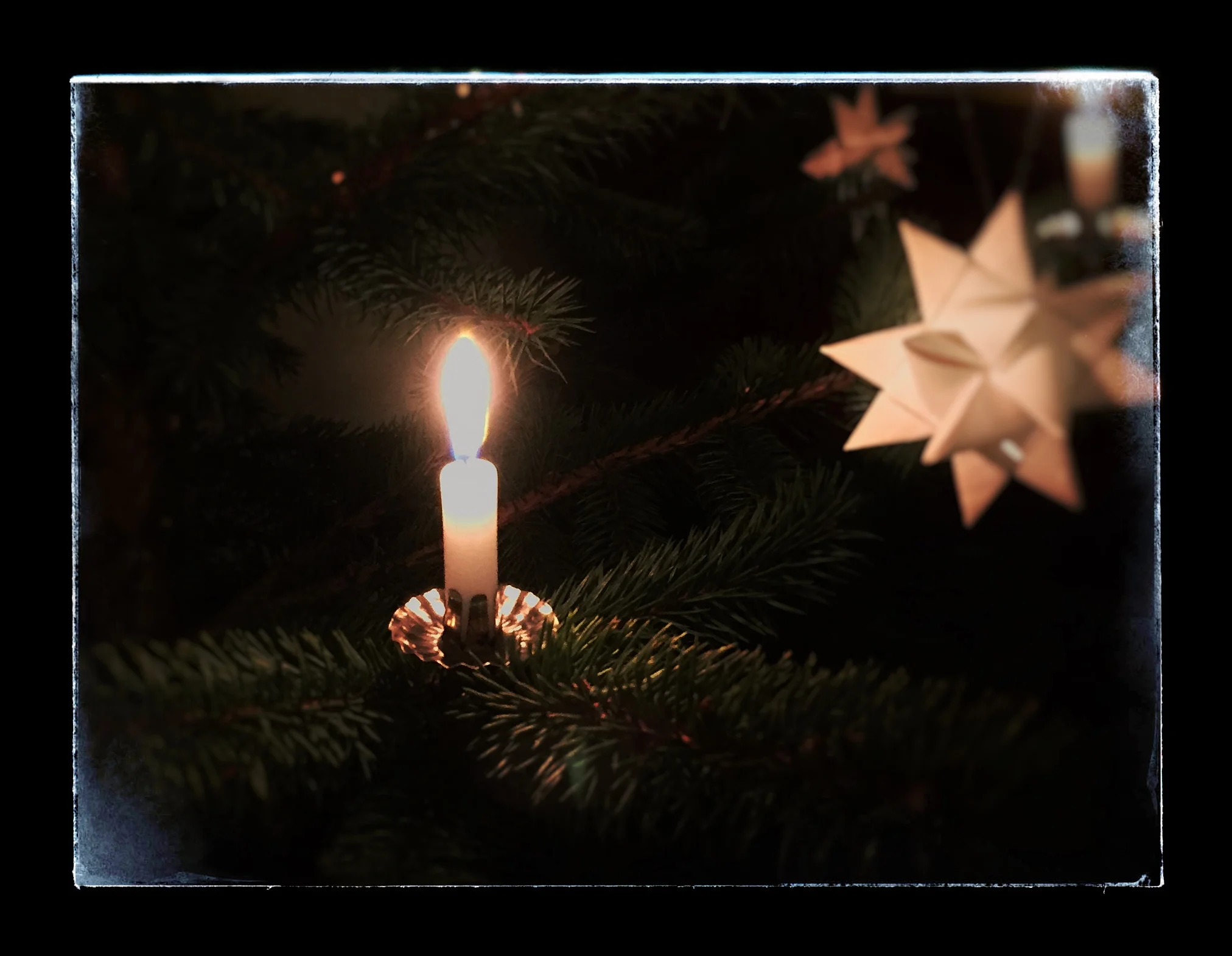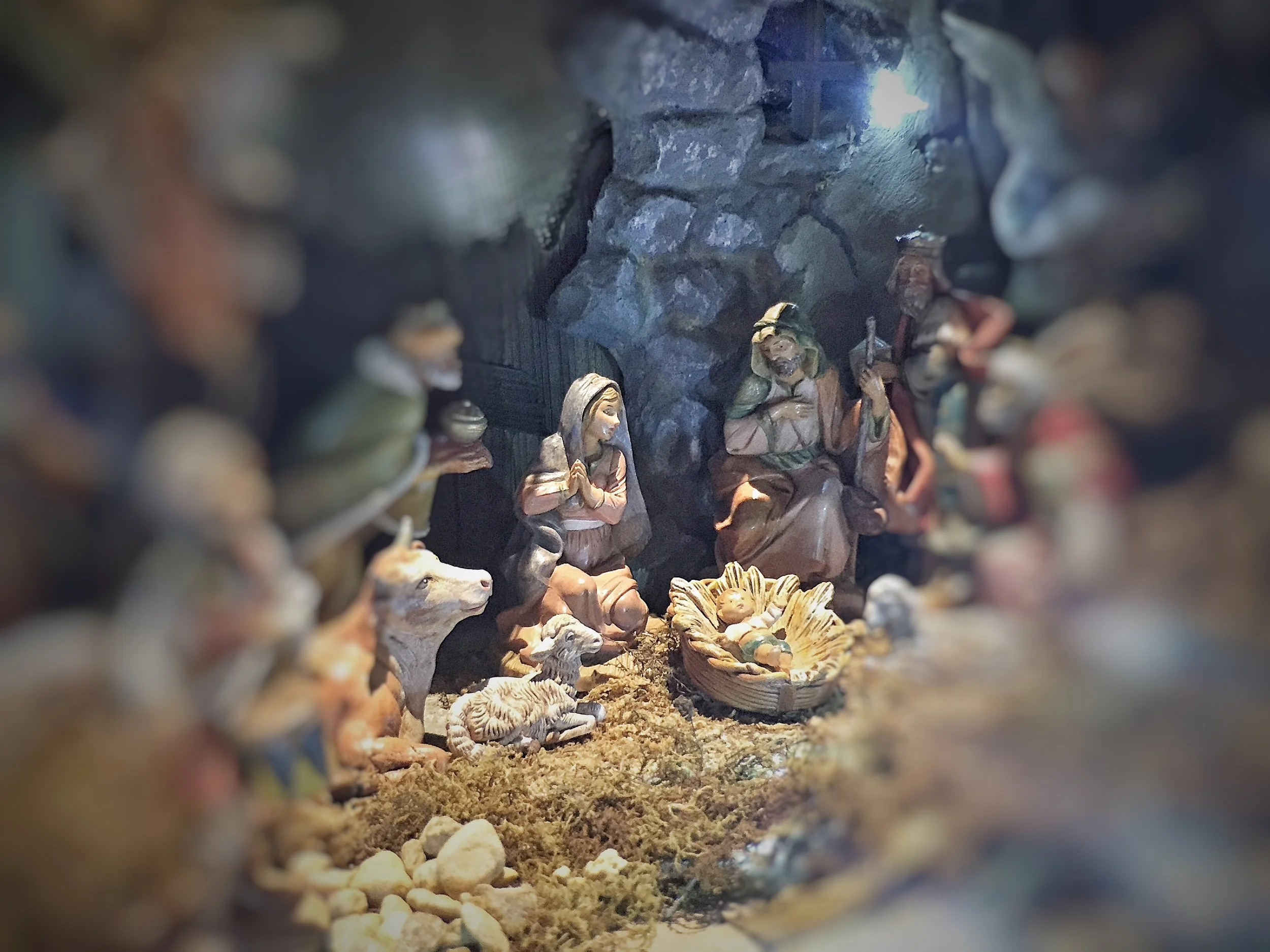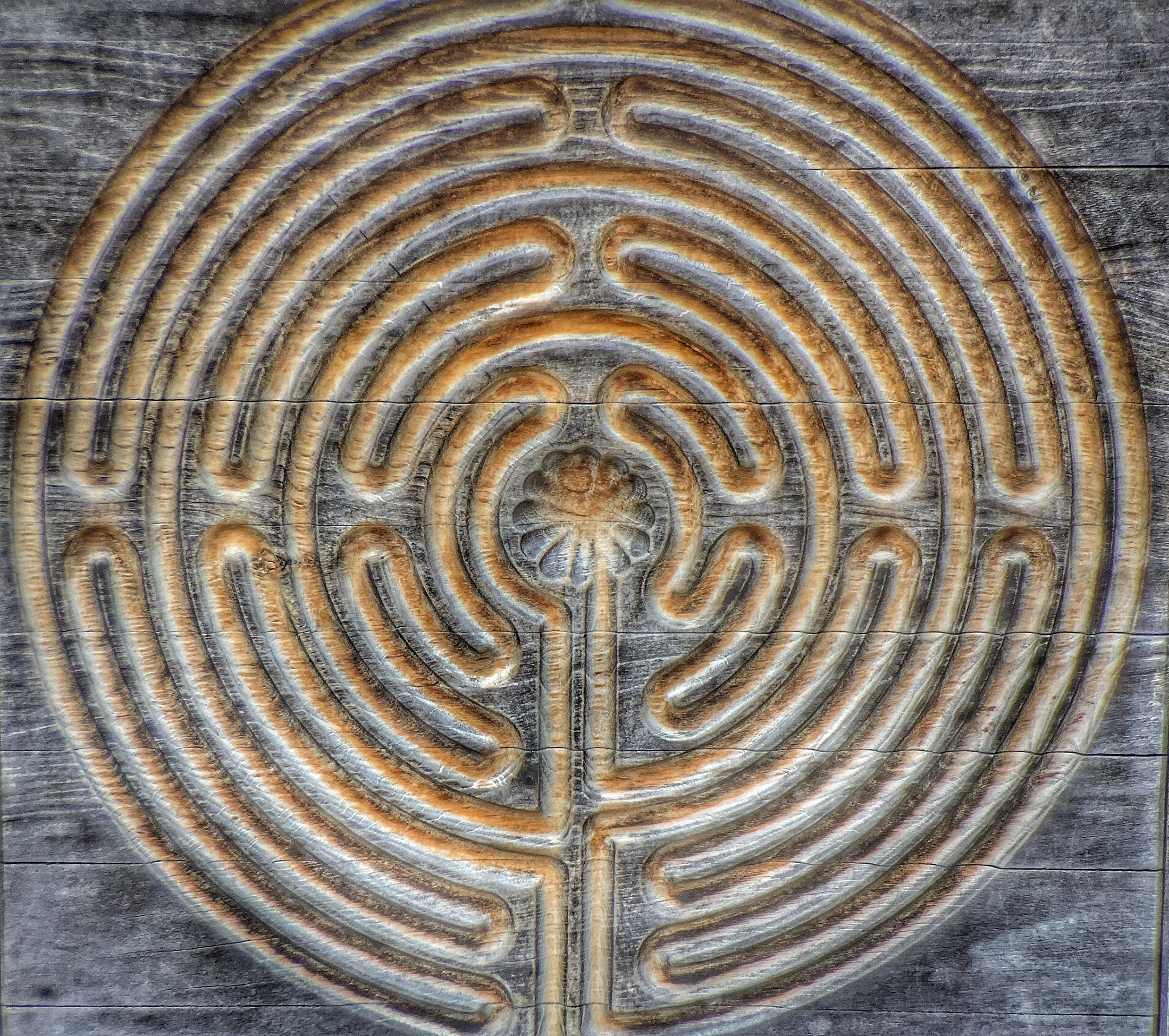Today I want to introduce you to a central practice of the Desert Elders: conversation. This is not a conversation to meet the other, it is a conversation with another in which we meet, and come to know, ourselves.
Welcome to our “little cloister”
where we
EXPLORE MONASTIC WISDOM FOR EVERY DAY LIVING
Drs. Almut & Chuck with little one
Home of
+The Hildegard Seminar,
+Kierkegaard Masterclass,
+Bach Passionweek Consolations,
+The 12 Days of Christmas Contemplations &
+The “Little School” of Spiritual Formation


